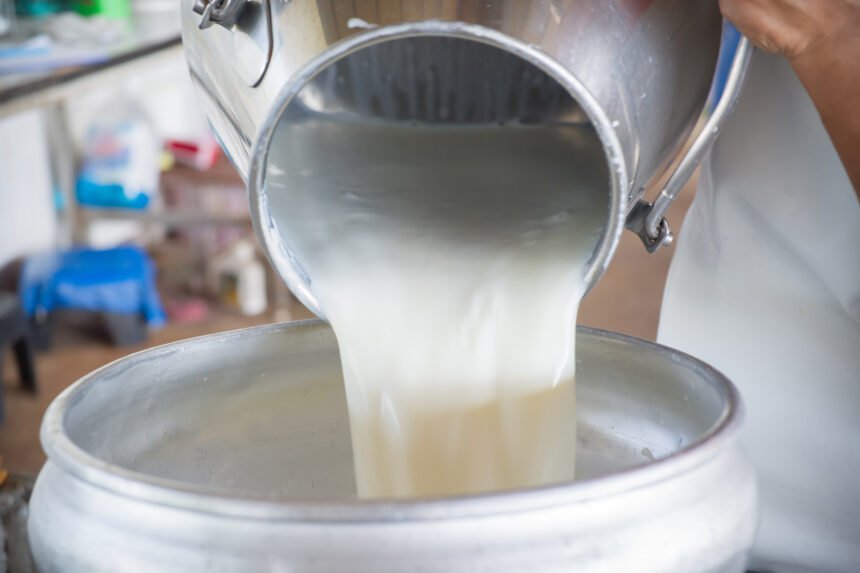Consuming unboiled or unpasteurised milk from animals infected with rabies may pose a health risk in rare exposure scenarios, experts warned during a rabies awareness workshop at Government Medical College (GMC), Anantnag.
”Drinking raw milk from a suspected rabid cow, buffalo, or goat can increase the risk of rabies, especially if the milk comes into contact with open woundsduring milking,” said Dr. Rouf Hussain Rather, Assistant Professor at GMC. “In such situations, post-exposure vaccination is crucial.”
Amid a rise in animal bite cases reported at GMC Anantnag’s Janglatmandi hospital and across the Kashmir Valley, a rabies awareness workshop was held at the college’s main campus in Dialgam. The session focused on prevention, post-exposure protocols, and the appropriate use of anti-rabies vaccines and immunoglobulins.
“Rabies is 100% fatal once symptoms appear. Preventive vaccination is the only effective safeguard,” said Dr. Rouf Hussain Rather, Assistant Professor at GMC. “Unfortunately, many people still believe that only dog bites transmit rabies. Less obvious exposures—like handling infected animals without protection or consuming raw milk—are often overlooked.”
Dr. Rather cautioned that drinking unpasteurised milk from animals suspected to be rabid could pose a risk, especially if it comes into contact with open wounds. “In such cases, post-exposure vaccination is essential,” he added.
Changing Patterns in Animal Bites
He also noted a surprising trend in bite-related cases. “Pet cats now account for nearly 50% of animal bite cases at our Anti-Rabies Clinic,” said Dr. Rather. “This is likely due to the increase in household pets and low public awareness regarding the risks of cat bites and scratches.”
Dr. Tajali Shora, Assistant Professor in the Department of Social and Preventive Medicine, echoed his concerns. “Every exposure matters,” she said. “Whether it’s a bite, scratch, or indirect contact with animal fluids, people should seek medical attention without delay.”
Dr. Showkat Shefa Shaeda, Head of Pediatrics and Neonatology at GMC, emphasized the need for public education. “We must train both the public and healthcare workers to treat every potential exposure seriously,” he said. “Delays in vaccination can be fatal.”
Dr. Rather also referred to the case of Brijesh Solanki, a 22-year-old Kabaddi player from Uttar Pradesh, who died of rabies weeks after rescuing and being bitten by a stray puppy.
Clarifying Rare Transmission Routes
However, experts at the workshop stressed the importance of separating rare theoretical risks from established medical facts.
“There’s no confirmed evidence that rabies can be transmitted to humans through pasteurised or properly boiled milk from an infected animal,” said Dr. Muhammad Saleem Khan, Head of the Department of Social and Preventive Medicine at GMC Srinagar. “The rabies virus is primarily spread through the saliva of infected animals, typically via bites or scratches—not ingestion.”
Dr. Khan acknowledged reports such as one from March, where a woman in Greater Noida allegedly died after drinking milk from a cow bitten by a rabid dog. “While such cases grab headlines, they remain extremely rare and scientifically unverified,” he said.
He cited laboratory studies that have detected rabies virus RNA in the milk of infected animals. “However, detecting RNA doesn’t mean the virus can infect humans through ingestion. Neither the WHO nor CDC lists milk as a known transmission route,” he emphasized.
Workshop Led by GMC Leadership
The awareness event was conducted under the guidance of GMC Principal Dr. Rukhsana Najeeb and saw participation from medical students, residents, paramedics, and staff of anti-rabies clinics.

